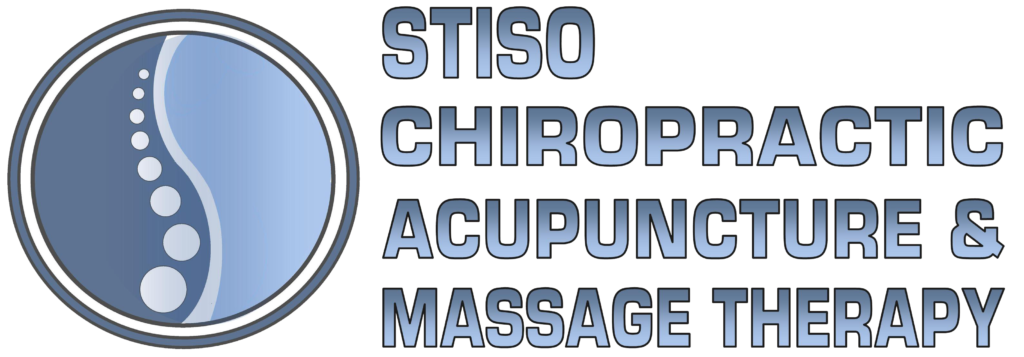
Strong bones are a vital part of good health. Healthy bones are dense and strong, support the body and help you to move around. Bones play many roles in the body. They provide structure, protect organs, anchor muscles and store calcium. At about 30 years of age, one has peak bone mass. Then with age, bone density is lost. In order to maintain good bone health, try following these tips.
● Get Enough Calcium in Your Diet
Calcium is an integral component of strong bones and most people don’t get enough of it in their diets. If we don’t consume enough calcium, our bodies take it from our bones. Good food sources of calcium include milk, yogurt, cheese, tofu, spinach, and fortified cereals. If you don’t think you are getting enough calcium from your diet, consider taking a calcium supplement. And keep in mind that the body needs vitamin D to absorb calcium, so you need to be sure you are getting enough of that important vitamin.
● Perform Weight-Bearing Exercises
During weight-bearing activity, the muscles and tendons apply tension to the bones, which stimulates the bones to produce more bone tissue. Running, dancing, and even brisk walking can have positive effects on bone growth. Add some upper body resistance training by doing push ups or using free weights or bands.
● Maintain a Healthy Weight
A moderate weight is essential for bone density. People who are underweight have a higher risk of developing bone disease. And people who are overweight put additional stress on the bones. Avoid rapid weight loss and yo-yo dieting.
By following these tips, you can give your body the greatest chance to support and maintain bone density. Strong, healthy bones can ensure an active life for years to come.
photo credit: bigstockphoto.com/photosvit
